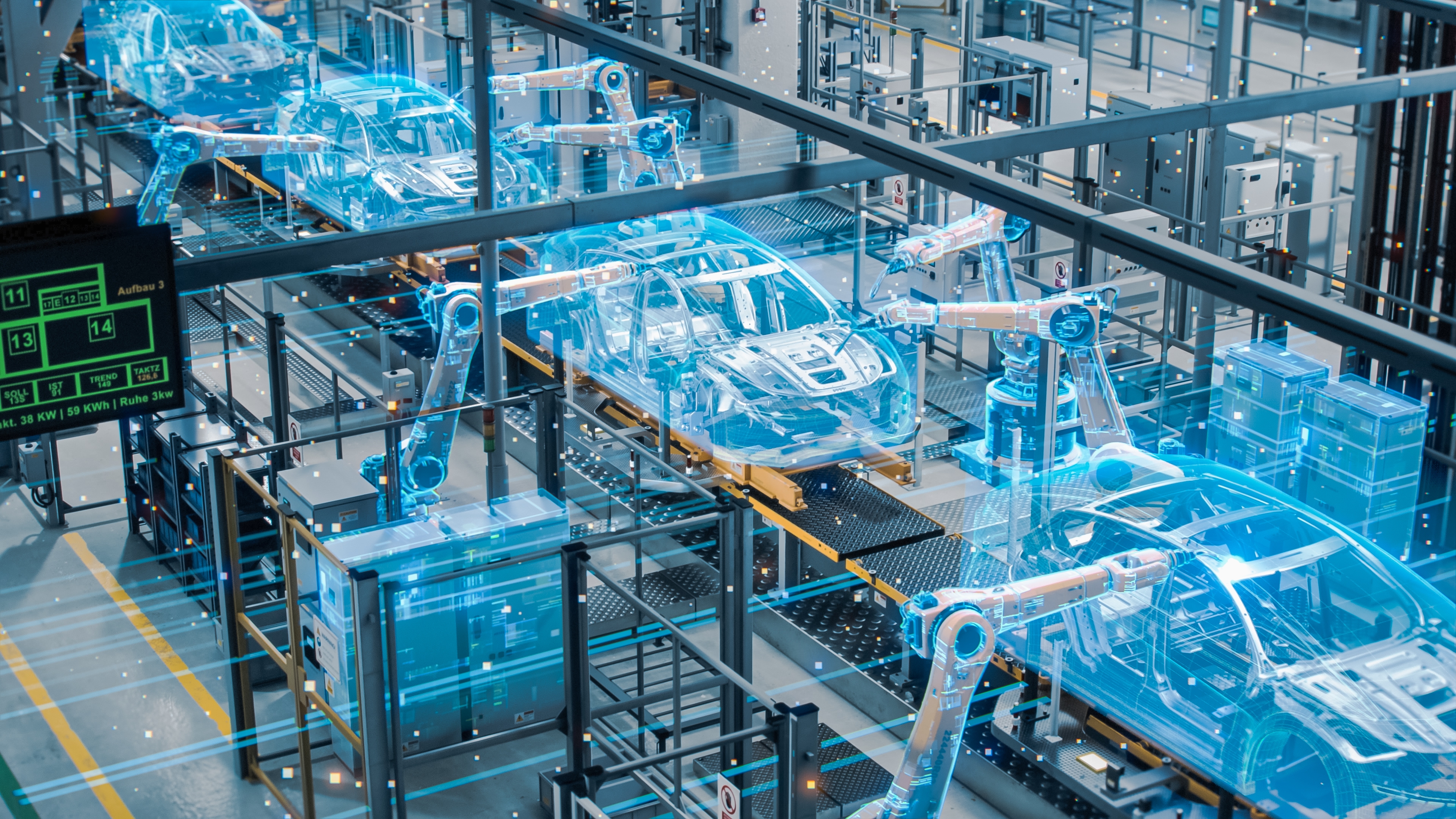By Glassdome

The automotive manufacturing industry urgently needs to decarbonize. Vehicle production generates vast direct and indirect emissions throughout the supply chain, from creation to assembly. This impact extends across finished vehicle manufacturers to collaborators and subsidiaries.
Automotive production relies on a vast network of resource and parts suppliers. That makes establishing responsible principles for the entire supply chain a crucial effort. Third-party raw materials and components production make up 70-90% of total supply chain emissions. If carbon neutrality efforts don’t include suppliers, they’re not meaningful.
An excellent example of supply chain carbon reduction is General Motors (GM), the largest automaker in the United State. GM has a target to achieve carbon neutrality in global products and operations by 2040. Its goals are verified by experts: the Science Based Targets Initiative (SBTi) approved their greenhouse gas reduction goals.
Internal initiatives
First, GM has made sure that its own house is in order.
In 2022, GM joined the First Movers Coalition to accelerate (no pun intended) technological developments related to achieving net-zero emissions by 2050. By joining the coalition, GM can collaborate with companies from industries like aluminum, aviation, transportation, steel, concrete, and cement, as well as government agencies.
Initiatives to promote renewable energy production are a key part of the internal carbon reduction mix. In 2022, GM approved an energy sourcing plan to meet 100% of energy needs in its U.S. factories with renewable energy by 2025.
Supplier programs
In alignment with its internal carbon reduction efforts, GM actively manages emissions from its suppliers.
In 2021, GM introduced the ESG Partnership Pledge Program for its primary suppliers. By signing the pledge, suppliers are committed to carbon neutrality timelines for Scope 1 and 2 emissions. Different industries require different levels of investment to become carbon neutral, and GM takes that into account. Professional services providers are committed to carbon neutrality by 2025, but manufacturers have until 2035, and raw materials providers until 2038.
GM also accommodates the wide variety of its suppliers into account through its incremental sustainability cultivation program. The program requires primary and other suppliers to comply with common conditions (e.g., an annual carbon reduction of at least 4%) and differentiated conditions (e.g., levels of compliance with the supplier code of conduct).
By the first half of 2022, suppliers who pledged to these programs accounted for 53% of the total supply chain and $76 billion in annual direct purchases.
Program partnerships
GM conducts evaluations through EcoVadis to monitor the sustainability performance of its collaborators. EcoVadis is an independent ratings service that assesses how well companies adhere to principles of Corporate Sustainability Management and Corporate Social Responsibility.
Suppliers have pledged to achieve a minimum EcoVadis score of 50 out of 100 by 2025. In 2021, the sustainability assessment results for collaborators, representing 83% of GM’s primary supply chain spending, averaged 51.7 out of 100.
GM also operates a support program in collaboration with Shell Energy, providing electric power produced from renewable sources to suppliers at a special price.
Everybody In
These collaborative support programs of GM are evaluated as successful examples of achieving the goal of “Everybody In,” serving as effective methods to reduce carbon emissions across the entire supply chain.
Key takeaways
One size does not fit all
Some industries are more carbon intensive than others. Don’t put a miner on the same carbon reduction plan as a consultancy.
Partners mean credibility
By working with an independent partner like EcoVadis, GM’s carbon claims are verified and are therefore more trustworthy
Internal initiatives aren’t enough
Scope 1 and 2 are important, but they’re not everything, especially in industries with long supply chains. Time to get your suppliers on board.
Are you an automotive producer or supplier looking to decarbonize (and get more efficient while you do it)? Just have questions about lowering your carbon emissions? Glassdome can help. Take a look at our Product Carbon Footprint offering and get in touch!
More Articles








